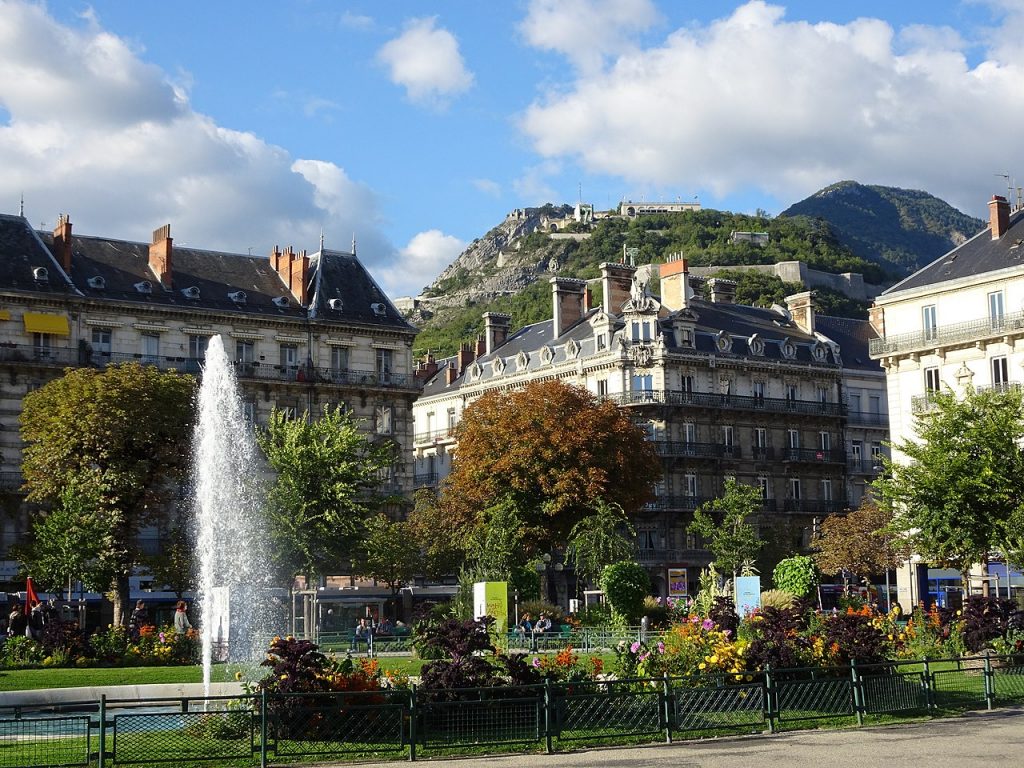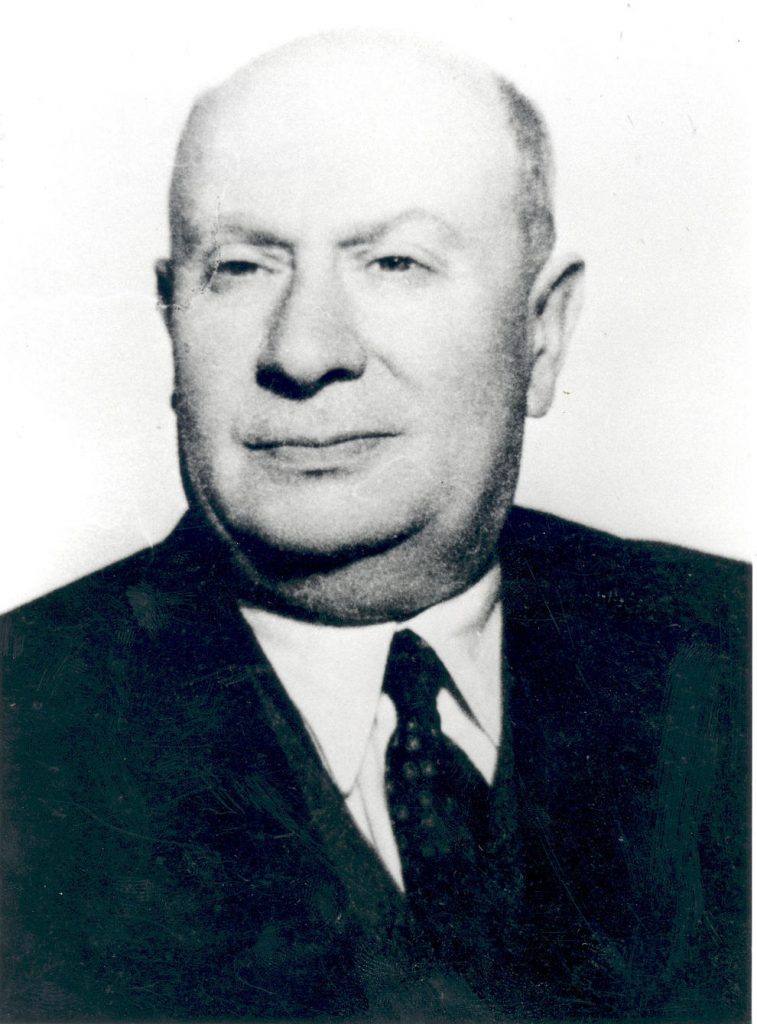In 894, a diploma from the King of Provence Louis the Blind in favor of the bishop of Grenoble mentions the Jews. Other administrative documents of the region then refer to it during the Middle Ages, such as a diploma from the king of Burgundy Rodolphe III which mentions vines of “Jewish property” from Viennese.

The Jewish presence is mentioned in Grenoble in the 13th century. A reference to the martyrdom of Jacob ben Solomon, a Jew from Grenoble present in the Burgundian mahzor. Dauphin Humbert I allowed Jews to settle in Grenoble at the beginning of the 14th century, while Philippe le Bel expelled the Jews from France.
However, following numerous accusations and persecutions during this century, especially during the Plague period when conspiracy theories provoked massacres of Jews, they were expelled at the end of the 14th century and did not return to Grenoble until after the Revolution. A community was formed and was subsequently enlarged thanks to the arrival of Jews from Alsace after the war of 1870.
Like Lyon, Grenoble was an important site of the Resistance during the Shoah. The Gestapo was also very active and carried out numerous arrests and deportations of Jews and members of the Resistance.

At a secret meeting in 1943, Isaac Schneersohn helped set up the Center for Contemporary Jewish Documentation, which was responsible for collecting documents on the Shoah, assisted in particular by Leon Poliakov and Jacob Gordin. These documents will prove to be very useful after the war in the trials of Nazis and collaborators, whether it is the Nuremberg trial or the Barbie trial. As the Shoah Memorial indicates, “In another historic trial, that of Klaus Barbie in 1987, it is again the CDJC which provides a major document for the indictment of the head of the Gestapo in Lyon, for crimes against humanity: the Izieu telex. “
In the early 1960s there were nearly 1,000 Jews in Grenoble. A figure which increased considerably thanks to the arrival of Jews from North Africa, reaching 5000 at the end of the decade, then 8000 in 1971. Following the numerous anti-Semitic acts recorded since the beginning of the 21st century, almost half of the Jews are said to have left the city.
Two main Jewish places of worship are present in the city, the Grand synagogue of Grenoble and the Bar Yohaï Synagogue .